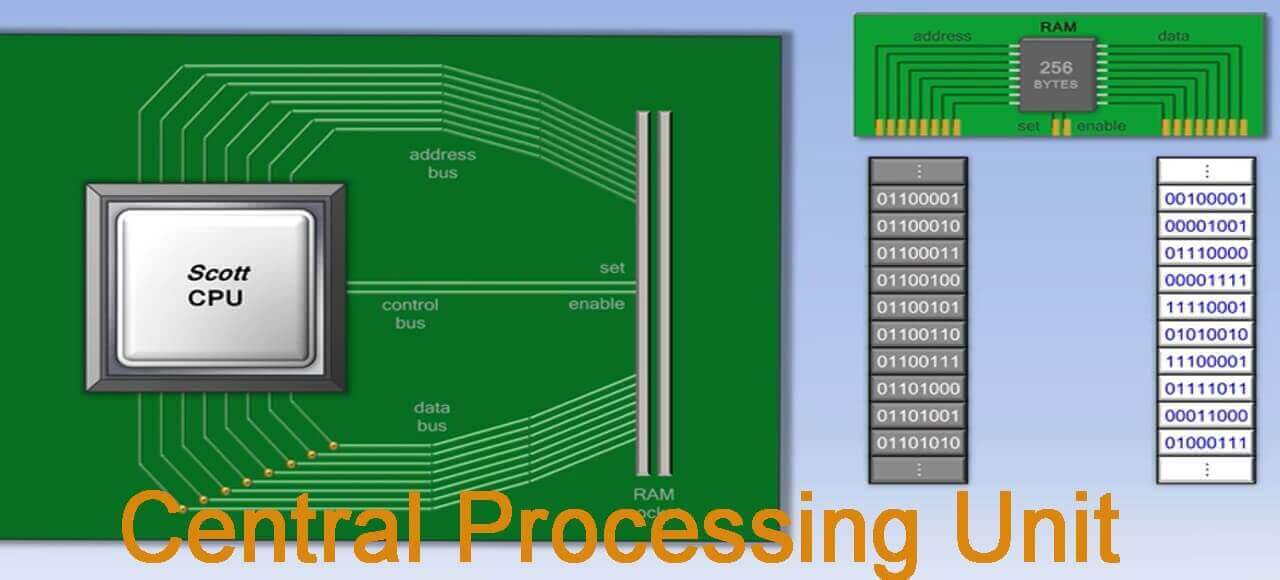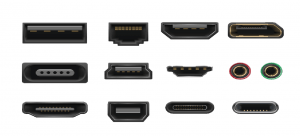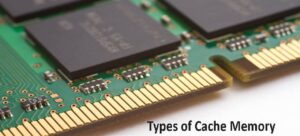In this guide you will learn a very important part of a computer that what is CPU as well as all the major parts of CPU.
The meaning of CPU is Central Processing Unit. The CPU is where most computations are performed.
It is also often referred to as the central processor, nerve center, or heart, although processor is more generally used. The computer’s brain is its CPU.
In this session, we’ll go over the following topics:
- CPU Definition
- Parts of CPU
Definition of CPU – what is CPU?
The core of the computer system is the central processor unit (CPU). It may also go by the names microprocessor or processor. Inside the computer, the brain is what controls everything.
The processor is responsible for carrying out all operations and procedures on a computer, either directly or indirectly.
The computer processor is undoubtedly one of the most crucial components of the computer system.
Transistors, which make up the CPU, are responsible for both input and output. Processing is the term for the logical processes carried out by transistors.
Scientifically speaking, it is also not only one of the most astounding components of the PC but also one of the most astonishing technological advancements.
The computer processor is the most crucial component of a computer system in terms of computational capacity. It compares and adds its data in the CPU chip.
All types of computers, whether they are micro, mini, or mainframes, need a three-part CPU.
Parts of CPU
Arithmetic Logic Unit (ALU): This CPU component allows for the execution of arithmetic and logical operations. Arithmetic and logic units (AU and LU) are the two subunits of an arithmetic-logic unit (ALU).
Control Unit (CU): The program instruction is decoded. Silica is utilized in the construction of the CPU chip in computers. In other terms, a microprocessor is a silicon device utilized for data processing.
Registers: It is a portion of the computer processor used for temporary storage. Control unit controls it (CU). Registers that contain the information, instructions, and addresses that a program needs to function.
The processor plays a significant role in the following important aspects of your computer system
Performance: The CPU is perhaps the single most significant factor affecting the performance of the computer system.
The processor’s capabilities determine a system’s maximum performance even if other components are equally important in influencing performance.
The processor’s full potential can only be realized with the help of the other components.
Software Support: The most recent software may be used with newer, faster computers.
New processors also make it possible to employ specific software that is incompatible with older hardware, such as the Pentium with MMX Technology.
Reliability and Stability: The reliability of your system’s operation is partly dependent on the quality of the CPU. The majority of processors are quite reliable, however some are not.
The processor’s age and energy use also play a role in this to some level.
Energy Consumption and Cooling: Initially, compared to other system components, CPU power consumption was comparatively low.
Modern CPUs have a high power need. Everything from cooling technique choice to overall system dependability is impacted by power usage.
Motherboard Support: The kind of chip set we must employ, and therefore the motherboard you choose, will be heavily influenced by the processor that you choose to utilize in your system.
The motherboard in turn controls a number of aspects. Capabilities and performance of the system.
Conclusion
Thus, all operations are carried out by the processor, often known as the CPU. Because of this, computers and laptops would be unable to use the data they store without a central processing unit.
The CPU is often overheated since it must run continually under a heavy load.
The CPU has a cooling fan attached to reduce this heat. A fan-based thermal paste that conducts heat is also attached to the heat sink so that the CPU can keep working as it should.
The CPU has the largest role in device speed and excellent performance.
If you need a quick computer for tasks like 3D animation, video editing, heavy gaming, etc. In this situation, having a quick and effective processor is crucial.
So, whatever processing technology advancements have occurred, speed has always been the primary driver.
Recommended articles:
What is DevOps? All you need to know about DevOps
6 main types of personal computer | what are the main types of PCs
4 main types of computer for organizations | use of organizational computer
Different computer peripherals with details of them




